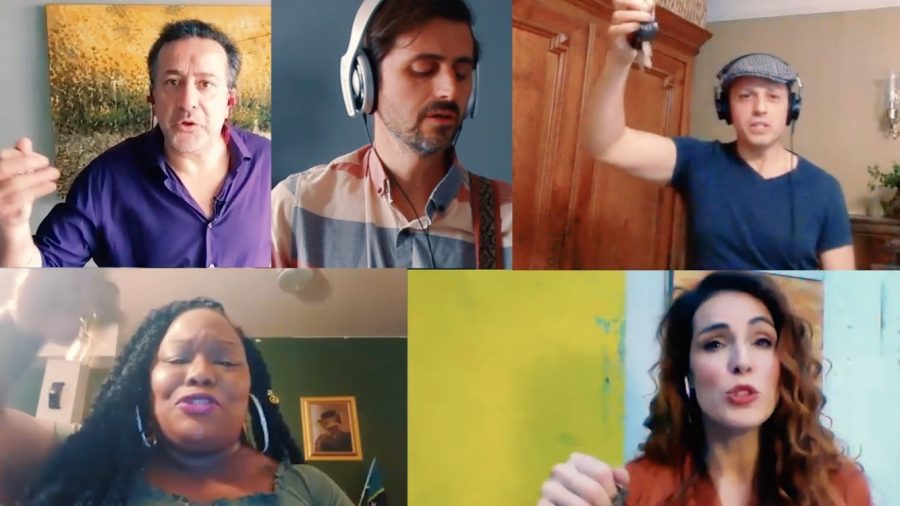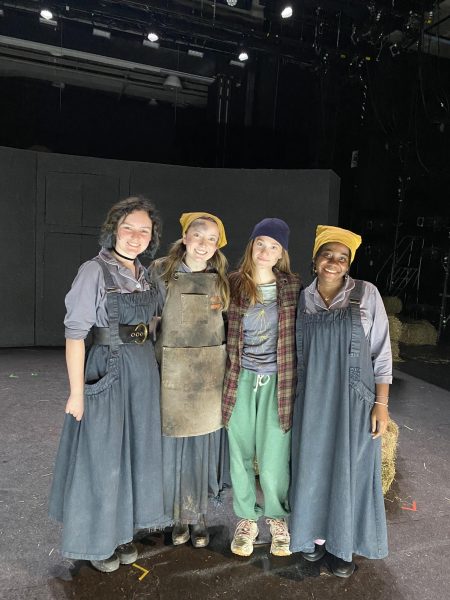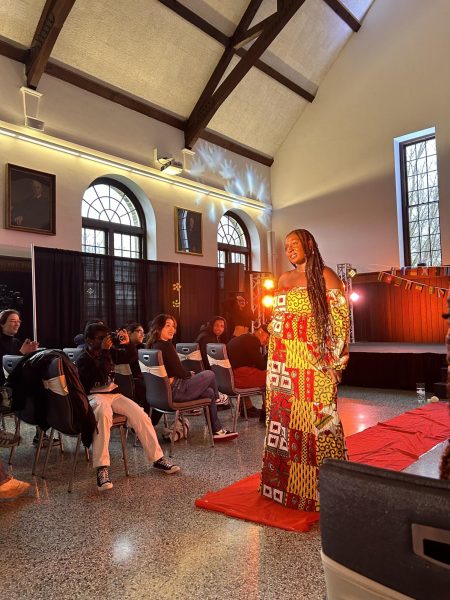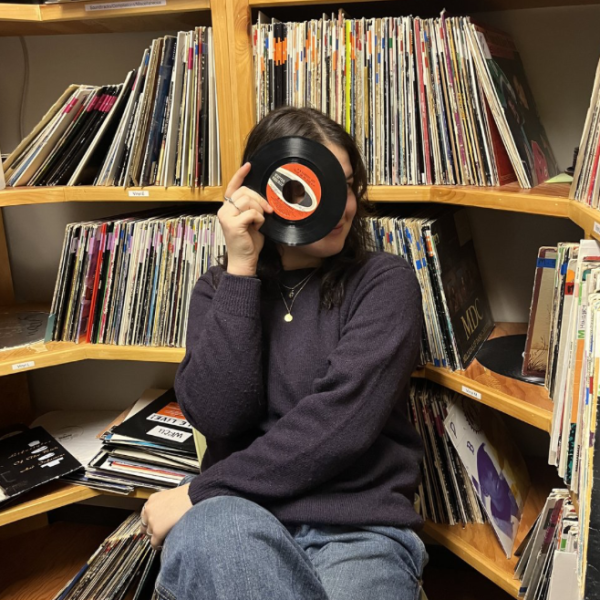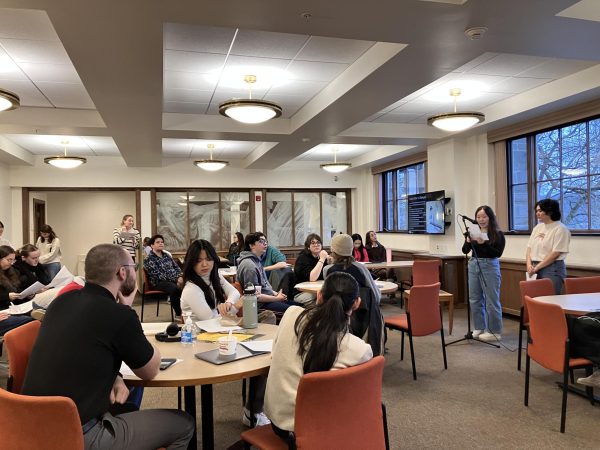Colgate Theater Department’s Virtual Rendition of “More or Less I Am”
Students and faculty gathered on Zoom on Feb. 25 to participate in a roundtable artist discussion with the creators of the multimedia performance piece “More or Less I Am,” which pulls its inspiration from Walt Whitman’s epic poem, “Song of Myself.” The discussion featured Karin Coonrod, the director, Kyle Sanna, the composer, Michael Potts, the actor, and Colgate’s own Kyle Bass, an assistant professor in the theater department. The event represented a culmination of Colgate’s three-week long presentation of the work, beginning Feb. 4., and was moderated by theater department chair April Sweeney.
“More or Less I Am,” directed and adapted by Coonrod, is a combination of music, acting, singing, dancing and dramatic recitation. The original project began in 2010 and was performed live in a theater setting. Due to the restrictions of the COVID-19 pandemic, the project required an adaptation to a virtual format. The project now exists as four video episodes, ranging from five to 20 minutes.
The event began with introductions of all four panelists. The conversation, prompted by questions from Sweeney, quickly moved towards a discussion of the unexpected benefits involved with the shift towards the virtual, pre-recorded format.
“It brings an additional intimacy to experiencing the piece, and perhaps a little bit more of the urgency. It is not the same amount of heat as you would get in a live performance, but there is a certain distillation that goes on of the language and of the intention of the line and intention of the thought,” Potts said. Potts, who called in during his lunch break on set, is currently starring in the Netflix show Ma Rainey’s Black Bottom alongside Viola Davis and the late Chadwick Boseman.
Coonrod voiced similar sentiments about the intimacy of the new format.
“What we can get on film… is the intimacy, which is, you know, you’ll see a point where I ask Michael to come right in and say ‘My words itch at your ears,’ and he gave me several takes on that. But I really like the one where I said ‘Come right in! Come really right in close and say that,’ because that’s the poet speaking to us,” Coonrod said.
The creators also spoke about how a virtual adaptation allowed upwards of 60 performers to participate in the project.
“We got to involve so many… performers from around the world to be on stage at the same time,” she said.
Workshop attendee and junior Daniel McKay was impressed with the project’s shift to a digital work.
“Something that really stood out to me was the chemistry and passion the cast had for the project despite it being a pandemic production,” McKay said. “It seems like they felt even more connected than a traditional project. I think pushing them outside their comfort zones really brought out some amazing work.”
The discussion, which lasted an hour, also touched upon the relevance of Whitman’s poetry in this day and age and the effect of turning it into music. Potts, echoed by the other creators, argued that the deeply patriotic nature of Whitman’s poem is what keeps it so relevant and so crucial in today’s America.
Paulina Prosnitz is a senior from San Francisco, CA double concentrating in English with a creative writing emphasis and Film and Media Studies. She has...


